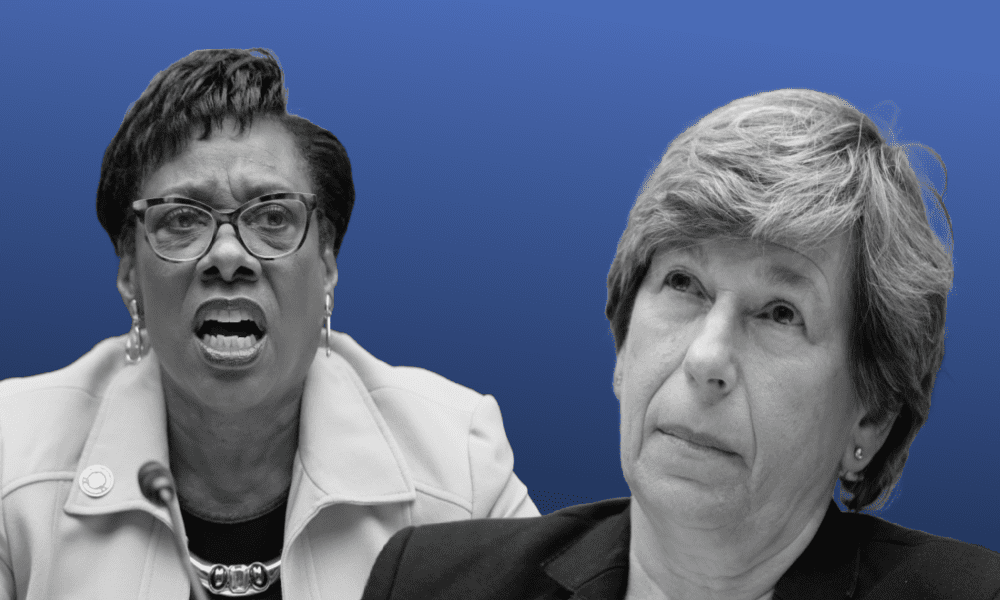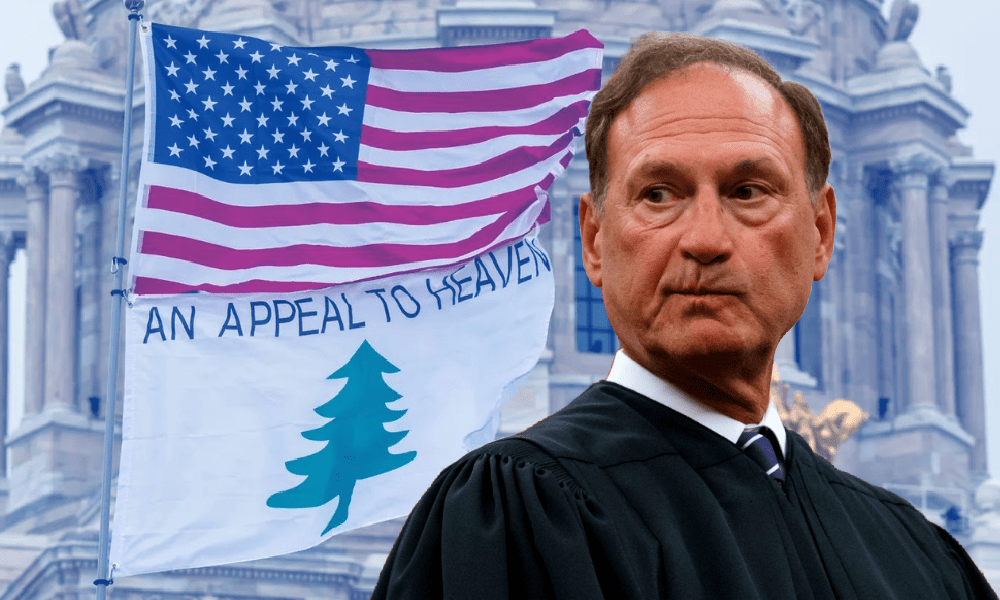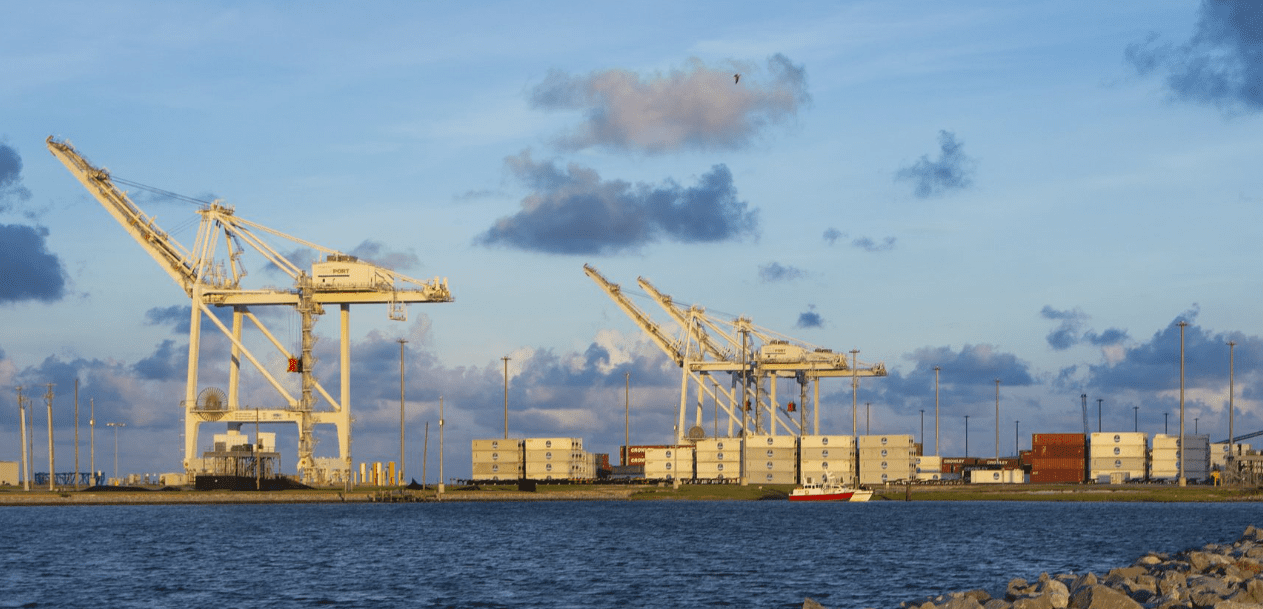
Sid Salter
- Columnist Sid Salter writes that the influence of the existing traditional casinos is clear as the fear of competition from online gaming is palpable.
The nation’s commercial gaming industry achieved record-breaking revenue for the third consecutive year in 2023 with 10.3% year-over-year growth – but revenue in Mississippi was down 3.5% or $91.28 million according to the American Game Association’s State of the States 2024 report.
The AGA report documented Mississippi’s 29 casinos (including those of the Mississippi Band of Choctaw Indians in Philadelphia and Bok Homa) that the report says generate $6.54 billion in economic impact, 41,950 total jobs, $867.7 million in tax impact and tribal revenue share on gross gaming revenues of $2.48 billion.
National, the growth of traditional gaming revenues has flattened while the real growth has occurred in internet gaming (up 26%) and sports betting (up 22%).
According to the gaming industry publication Legal Sports Report: “Mississippi sports betting is legal and live at casinos in the state. The state has many retail sportsbooks in operation but just three sportsbook apps. Online sports betting in Mississippi is limited to users located on a licensed casino’s premises.
“You can download a sportsbook app from anywhere in the state, but you must be at a casino to place any wagers. Several Mississippi casinos have deals with sportsbooks like FanDuel, BetMGM and Caesars. However, only BetMGM, Caesars, and Pearl River Resort have launched sports betting apps in the state.”
Sports betting in casinos or racetracks is legal in 38 states. In 27 states, state governments have authorized online sports betting emanating from a computer or mobile device located anywhere in those states – not just on casino or racetrack premises.
In Mississippi, sports betting on casino premises has been legal since 2018. But off-site online sports betting from computers and smart devices remains illegal in Mississippi. Lawmakers just this year had a sports betting bill – House Bill 774 sponsored by Rep. Casey Eure– die on deadline in conference committee.
House and Senate conferees, like the members in the respective chambers they represent, could again not get on the same page on the issue. The influence of the existing traditional casinos is clear as the fear of competition from online gaming is palpable.
The combination of increasing competition for gaming revenues across state lines as neighboring states expand their gaming offerings and infighting over adopting technologies that gaming consumers want may make the contraction of Mississippi’s gaming revenues a trend.
In 2022, the AGA reported that millions of Americans gambling on the World Cup event had placed illegal bets to the tune of $100 million – many with offshore sites in other countries.
Business Insider, citing the AGA report, reported: “Americans are projected to place $100 billion in legal sports bets this year through platforms like DraftKings, FanDuel, and BetMGM, according to a November American Gaming Association report, which included a September survey of over 5,200 US adults. At that time, 35 states plus D.C. had legalized sports betting in some form, either online, in-person, or both.
“But the report also found 49% of sports bettors have placed at least one bet with an illegal operator over the past year — 15% did so for all their bets — and estimated these operators account for nearly 40% of the US sports betting market.”
Since the inception of casino gaming in Mississippi, the brick-and-mortar casinos have wielded lobbying power in the Legislature – as they have in every state where they operate. Given the outcome on HB 774, it’s clear they still do.
COVID helped usher in technology-driven changes in how Mississippians shop, meet, and work. Is it so surprising that those same Mississippi consumers, want to do their gambling online as well?
Mississippi’s leap into the state lottery business dropped the checkered flag to our regional neighbors in terms of gaming competition. Online gaming customers have too many paths to providers for our state to think the online sportsbook operators won’t find them on the internet.








